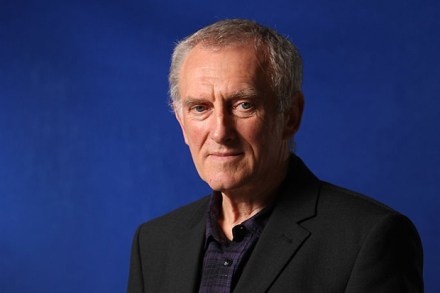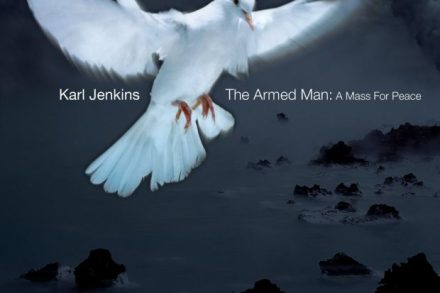Music, love and all things human
More from BooksWhen James Kelman won the Man Booker prize for How Late it Was, How Late, one judge stormed out, calling it ‘crap’ and the award a disgrace. A columnist counted the number of ‘fucks’ — apparently 4,000. This was 1994 and savage Glaswegian vernacular replete with rhythmic obscenities was terra incognita to English readers. Kelman






























